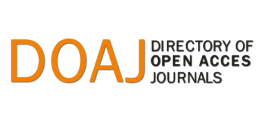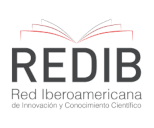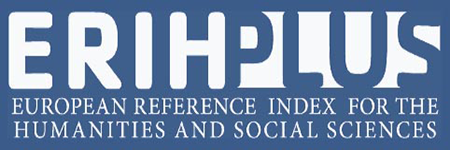No. 81 (2021): How COVID changed Public Management? Reflections on transformation, resilience and the challenges of the public to build a better regional future. to build a better regional future

"How COVID changed Public Management? Reflections on transformation, resilience and the challenges of the public to build a better regional future."
In the midst of the transformation forced by the global health crisis, all living spaces were modified, the lack of physical proximity also meant a revaluation of common spaces, opportunities for a different approach, but also plural, a call to build among many that we now know is indispensable.
Managing the public sphere in contexts of uncertainty is complex and requires at least the articulation between institutions and actors (citizens, private companies, non-governmental organizations), seeking to be able to combine the various practical scaffolds and thinking to put them at the service of the common good.
The juncture changed the personal, the common and also the institutional, forcing robust structures to transform to the digital in days, all fields were permeated, but especially interesting was to see how the management and communication models, mutated to the exclusive virtuality ended up dominating the spaces of decision making and policy generation, the public, was transformed for a moment in a virtual or at least virtualized apparatus, a reality that seemed distant 18 months ago, but became normal, however, how much did this space change us? Does it really contribute to the public, or is it better to return to the physical?
The strategies developed before the crisis, if they existed, were obviously neither efficient nor sufficient, because it is clear that the scope of the challenge brought about by the health crisis caused by COVID-19 could not be foreseen. The previous management models were not prepared for the rupture, but even so they generated responses to the conjuncture, giving clues that they are capable of adapting to the environment and not just living anchored to traditional processes.
What has at least been put on the table is a discourse on change - and the use of this - which is more present than ever in the shared ideology, the health crisis also became a space of opportunities and from the public sector, a small window that can be a positive force to propose new routines, breaking paradigms and building alternative responses to common problems; since the application of technological tools, the use of data and metadata for decision making and the interest of human resources to add knowledge were also part of the crisis management.
For this reason, this edition of the Central American Journal of Public Administration seeks to explore the spaces that this context of change has been able to permeate within the framework of the generation and evolution of public management in the region.
Bearing in mind that in order to truly transform ourselves, it is necessary to understand our own particularities and begin to build solutions based on those particularities, prioritizing ethical and technical rigor and embracing innovation at all levels; political, institutional, technical, so that it is indeed capable of contributing to the generation of trust and legitimacy necessary to build a perception of social satisfaction in a future that is not ideal, if not possible.
Understanding that management approaches after the health crisis must have as a pillar the search for social welfare with a broad component of environmental balance, data management and future responsibility, today's management must focus on optimizing current systems to promote transformations and progressive change, including as many sectors as possible.
This edition number 81 of the Central American Journal of Public Administration, recognizes to be a deliberative, descriptive and functional exercise, which starts from situations of the Central American reality, seeking to understand the challenges of the exercise of government in the post-pandemic, while approaching the look to the new dawns offered by the current context, anchored in the need to evolve the understanding of the public in the region, from the generation and transmission of knowledge and critical and disruptive thinking.
This journal contains two main sections: articles and documents. The first part includes works developed by researchers in the region who, based on specific cases, have focused on concepts of development, innovation and the challenges of the region in the post pandemic period.









